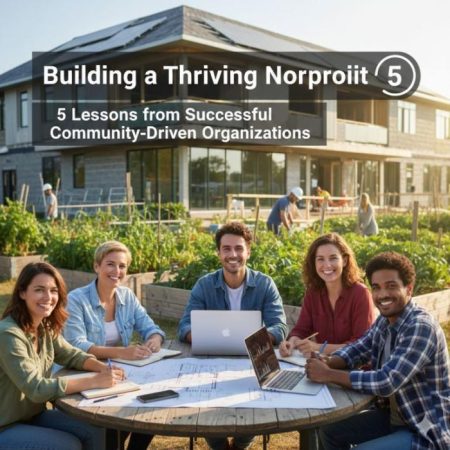Employee-owned businesses think differently about growth. Success isn’t just about money in the bank. It’s about shared purpose, community, and long-term value. While profits matter, many companies owned by their workers look deeper. They focus on results that affect people, not just the balance sheet.
These companies track progress through trust, stability, and satisfaction. They care about how their teams feel and function. Support systems like Teamshares offer resources that help maintain this focus on broader goals. This article examines what those broader goals entail and how they are measured.
Shared Leadership and Decision Participation
Absolute ownership includes a voice. Employees want more than a paycheck; they want to shape the future. Companies measure success by the number of people who participate in key decisions. The more engaged the team, the more successful the company feels.
Some firms use surveys to see how valued their staff feel. Others track meeting involvement. These numbers reveal the depth of ownership. When people feel heard, their loyalty tends to grow. That loop builds trust. It shows that every voice counts.
Employee Retention and Satisfaction
High turnover hurts growth. If workers keep leaving, something’s wrong. Employee-owned firms know this well. That’s why they track satisfaction carefully. They ask how people feel about their jobs, their managers, and their workplace.
Retention also signals trust. When people stay, they’re voting with their time. A stable team often means the company is doing something right. Ownership adds another layer. Employees who own part of the business tend to stay with the company for longer periods of time. That loyalty drives better service and a stronger culture.
Customer Loyalty and Relationship Strength
Satisfied customers are a sign of a strong business. For employee-owned companies, customer happiness means even more. It reflects the pride workers take in their service, reinforced through initiatives such as Employee Gifting that boost morale and engagement.
Many firms track repeat buyers. If people return, something is working. Feedback forms are also valuable tools for gathering feedback.
Companies may also watch how long relationships last. Long-term customers often cite trust and consistency as key factors. Workers with a stake in the business tend to go the extra mile. They fix issues faster. They care more deeply about outcomes. That mindset shows in customer reviews and ratings.
Long-Term Stability and Risk Awareness
Success isn’t just short-term wins. It’s staying solid when times get tough. That’s why many employee-owned firms measure long-term strength. This includes debt levels, cash reserves, and emergency plans.
Risk awareness is key. Companies that prepare for bumps stay ahead. They review scenarios and train for disruptions. They also make sure leadership is ready to step in when needed. Moreover, these companies want to protect what they’ve built. And they measure how ready they are to do that.
Community Impact and Values in Action
Employee-owned companies often want to give back. Many measure their role in the community as part of their success. This could mean local hiring, donations, or partnerships. It may also be reflected in volunteer hours or shared events. These actions build deeper roots.
Some firms track how much they invest in their area. Others look at how they support causes that matter to their team. Values matter more when they’re visible. A company that claims to care must prove it. Tracking community efforts keeps that promise honest. Success for employee-owned businesses reaches far beyond the financials. It encompasses trust, growth, stability, and a genuine care for others. Companies measure this progress in people, not just profits. Platforms like Teamshares support this shift by offering the tools and structure needed for broader success. With clear goals and shared purpose, these companies prove that ownership can build something truly lasting.






